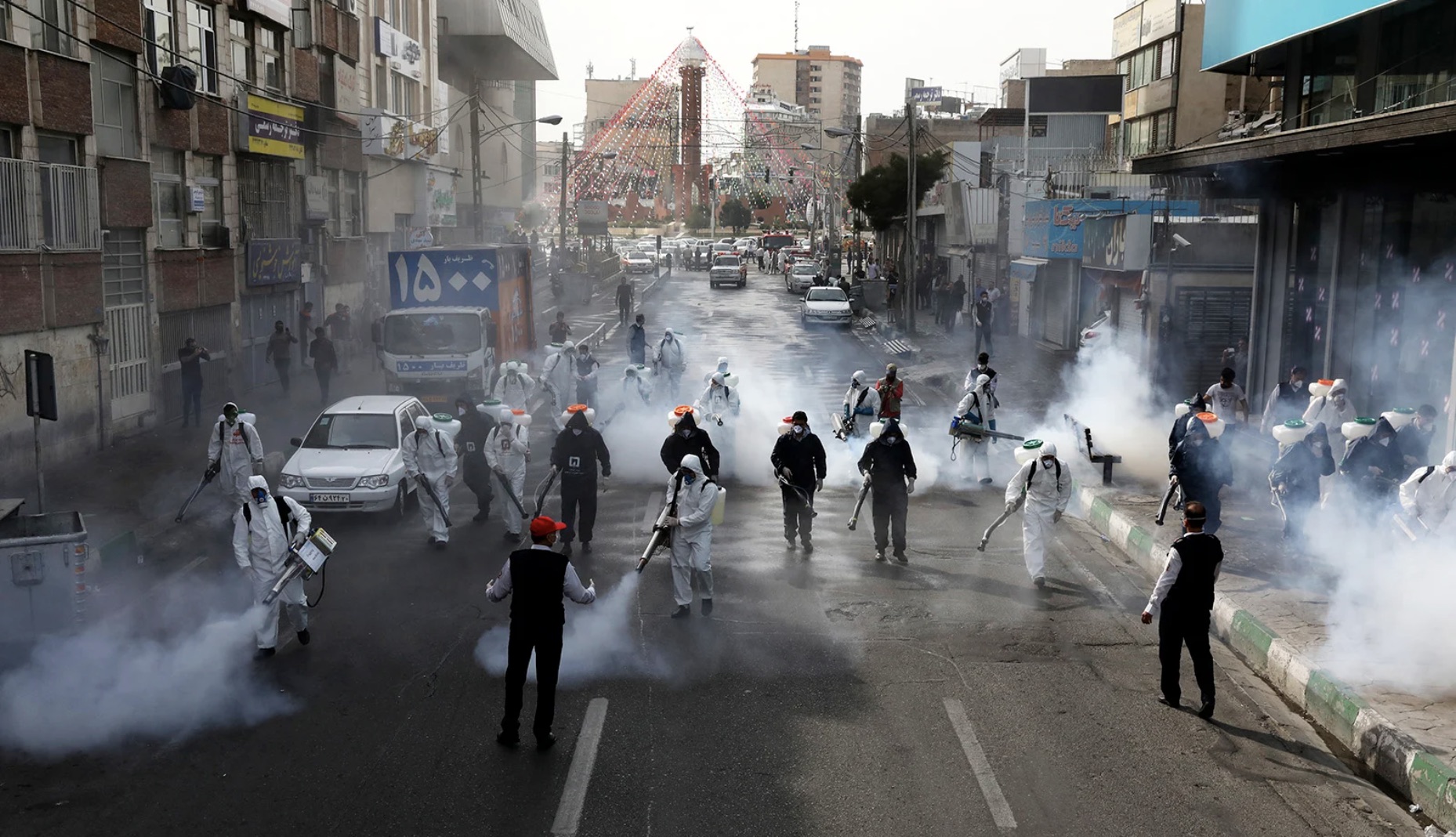Source: religionnews.com
Winston Nagan

(RNS) — The ingenuity and adaptability of faith communities often go unreported. It’s been gratifying over the last many weeks to read story after story about the way people of faith have reorganized their practices and the very structure of their communities in response to COVID-19. This resilience has brought me a measure of comfort during this crisis.
This silver lining, however, is attended by quite a cloud. The past weeks have laid bare the more frustrating impulses associated with religion: congregations that have refused to suspend services; superstitious and disastrous thinking that COVID-19 can be conquered by prayer alone, without scientific and public health interventions; and some governments’ insistence on incarcerating religious prisoners of conscience, even when the prerogatives of public health demand their release.
This last impulse is particularly egregious, because the dangers associated with it are rooted in needless bigotry. It boils down to two ideas that are patently immoral: disdain for individual conscience and, in some places, the need to have enemies to hate to rally internal support. Both put the government’s needs above public health.
Iran has been harder hit by COVID-19 than any other country in the Middle East, with its Health Ministry reporting over 73,000 confirmed cases and a death toll of over 4,500. Many believe that these estimates are extremely understated. When the virus first began to sweep across Iran in late February, the government responded sluggishly, neglecting to implement proactive measures that may have prevented the virus from spreading quickly.
Deputy Health Minister Iraj Harirchi insisted one day that “quarantines belong to the Stone Age.” The next, he was in quarantine himself after being diagnosed with the virus.
The problem here is one of extreme inflexibility. This is a trait that the Baha’i community is, unfortunately, all too familiar with in its dealings with the Islamic Republic of Iran. Since the revolution in 1979, adherents of the Baha’i faith have been subject to wide-scale and state-sponsored persecution, beginning with mass executions in the early ’80s, and, after sustained objection from the international community, chronic pressure in the form of economic deprivation, denial of higher education, and arbitrary arrests and imprisonment.
The number of Baha’i prisoners in Iran is difficult to estimate, as it’s a constantly revolving door, but estimates usually sit between 50 and 100 people. Some are serving long sentences, others are dealing with shorter-term incarceration, often used as a scare tactic by the government for Baha’is to stop practicing their faith.
Prisons are, of course, exceptionally vulnerable to the spread of COVID-19. The World Health Organization recently released guidance on how governments should directly address this threat, warning that prisons would face “huge mortality rates” unless they took immediate action. A representative for WHO further recommended that “other options (be) considered for people with very low risk profiles or caring responsibilities to decrease the numbers of people inside prisons.”
Ostensibly, Iran is complying with these recommendations, making headlines in mid-March for furloughing 85,000 prisoners to help fight the outbreak. While a handful of Baha’is were included in this release, the large majority are still in prison, along with many other prisoners of conscience, religious and otherwise.
The Baha’i International Community has called on the Iranian government to release the Baha’is and all other prisoners of conscience, joining a chorus of voices that includes the U.N. commissioner for human rights, the U.N. special rapporteur on Iran and Amnesty International.
Imprisoning people for their religious convictions is bad enough, but persisting with this policy in the face of a public health crisis crosses into new territory of immorality. This is an hour at which the need for global solidarity is being proved in the crucible of crisis.
No nation, people or religion has been spared by the coronavirus. This is an hour at which people of faith should be rising to new levels of cooperation, service to humanity and compassion. These are duties to which all the believers in the world’s great faiths are called by their holy book, no matter what their book may be.
The Islamic Republic of Iran, despite its status as an international power, remains beholden to that higher power, as do all of us who recognize it. They must release the Baha’is and all other prisoners of conscience.
(Winston Nagan is a former chairman of the board of directors of Amnesty International, USA, and professor emeritus of law at the University of Florida Levin College of Law. The views expressed in this commentary do not necessarily reflect those of Religion News Service.)
Leave a Reply